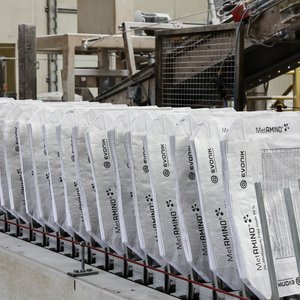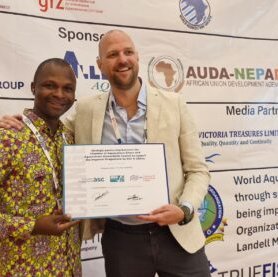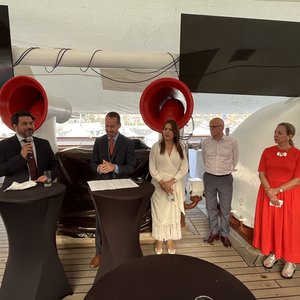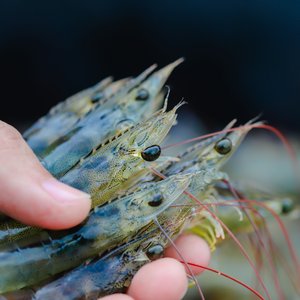Maike Marlene Oeheme defends her PhD thesis at the Norwegian University of Life Sciences (UMB) on March 1.
“The salmon industry can increase efficiency and reduce costs by optimizing physical pellet quality and feeding equipment.” So says Maike Marlene Oeheme, who defends her PhD thesis at the Norwegian University of Life Sciences (UMB) on March 1.
Her PhD project was financed by CREATE (Centre for Research-based Innovation in Aquaculture Technology, SFI) and was carried out at Nofima in Sunndalsøra.
Oeheme identifies the following factors as important in achieving cost efficient production and to fully utilize valuable feed resources: high physical feed quality, optimization of feeding systems, good spreading of the feed in the sea cages and minimizing feed loss.
Oeheme’s PhD project has increased the knowledge of utilization of feed resources by reducing feed spill in salmonid farming, and the interaction between physical and nutritional quality of the feed.
She studied the formation of dust and small particles from feeds of different physical quality in a feeding system, in which air is used to convey the feed in a tube system from silo to cages, at different feeding rates and air speeds.
She also studied the spreading of feed pellets in a sea cage using two different spreaders and different settings on the feeding system. Furthermore, she has studied the interaction between physical and nutritional quality of feed, and how this interaction can affect feed intake and feed utilization.
Her PhD project has also focused on the prediction of the biological value of feeds based on the physical quality of the feed
The main conclusion of Oeheme’s thesis is that optimizing both physical feed quality and feeding equipment may reduce feed spill and increase feed intake in salmonids. The PhD study also found that feeds with high physical quality that are optimized for minimal dust formation may have a negative effect on feed intake.
“It is therefore important to focus on the interaction between the physical quality of feed and feed intake. However, there is still a need to further develop analytical methods to study this interaction,” says Dr. Turid Synnøve Aas at Nofima.
She has been a supervisor for Oeheme’s PhD project along with Dr. Mette Sørensen (Nofima, UMB), Dr. Torbjørn Åsgård (Nofima), Dr. Bendik Fyhn Terjesen (Nofima), Tore Andreas Samuelsen (Nofima) and Dr. Kjell Arne Rørvik (Nofima, UMB).
Publications from Nofima
- Oehme, M., Aas, T.S., Sørensen, M., Lygren, I. and Åsgård, T.E. 2012. Feed pellet distribution in a sea cage using pneumatic feeding system with rotor spreader.
- Aas, T.S., Terjesen, B.F., Sigholt, T., Hillestad, M., Holm, J., Refstie, S., Bæverfjord, G., Rørvik, K.-A., Sørensen, M., Oehme, M. and Åsgård, T.E. 2011. Nutritional responses in rainbow trout (Oncorhynchus mykiss) fed diets with different physical qualities at stable or variable environmental conditions.
- Aas, T.S., Oehme, M., Sørensen, M., He, G., Lygren, I. and Åsgård, T.E. 2011. Analysis of pellet degradation of extruded high energy fish feeds with different physical qualities in a pneumatic feeding system.










